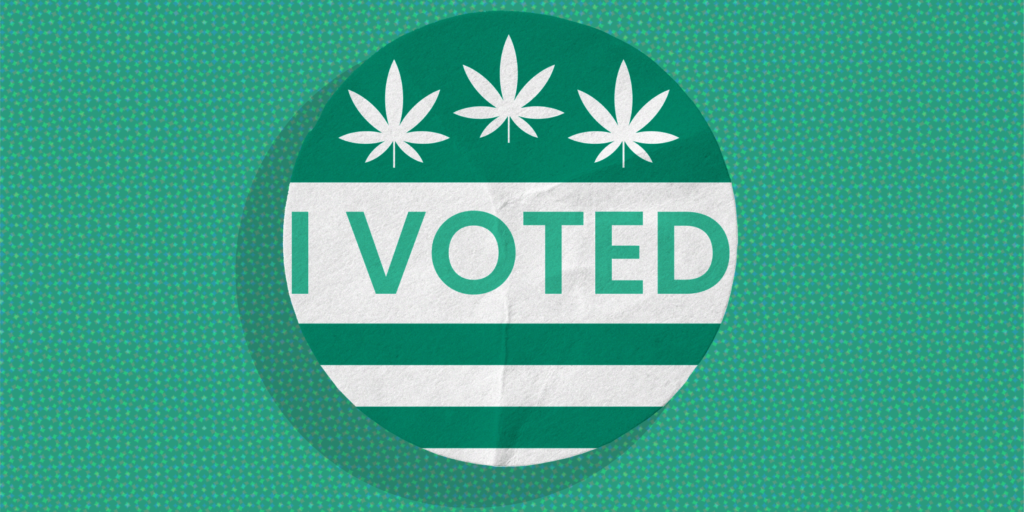A recent poll conducted in South Dakota revealed that a majority of residents are in favor of legalizing adult-use marijuana, marking a significant shift in attitudes towards cannabis in the state. The poll found that 53% of respondents support the measure, while only 36% opposed it, with 11% unsure.
The initiative is being spearheaded by South Dakotans for Better Marijuana Laws, a group that is currently collecting signatures to put the measure on the ballot in 2024. To qualify, the group must gather roughly 34,000 valid signatures by November 2023.
If passed, the initiative would legalize marijuana for recreational use, allowing adults 21 and older to possess up to one ounce of marijuana and grow up to three plants for personal use. The production, sale, and taxation of marijuana would be regulated, with revenue earmarked for public education and drug addiction treatment programs.
Advocates for legalization argue that it would bring in significant tax revenue for the state, as well as reduce the number of people arrested and incarcerated for marijuana offenses. They also claim that regulation would help combat the black market for cannabis and ensure product safety.
Opponents, however, worry that legalization would lead to an increase in drug use, especially among young people, and associated social problems, such as impaired driving and addiction.
If South Dakota were to pass the initiative, it would join a growing number of states that have already legalized recreational marijuana, including Colorado, Washington, California, Oregon, and Illinois. While the initiative still has a long way to go before becoming law, the results of the poll suggest that attitudes towards cannabis are changing, and the movement towards legalization is gaining momentum.
The potential benefits of legalization cannot be understated, including the positive impact on the economy and the criminal justice system. In addition to generating significant tax revenue, legalization would reduce the number of non-violent drug offenders in the criminal justice system and free up resources to address more serious crimes. Furthermore, the regulation of marijuana would ensure product safety and prevent the sale of contaminated or dangerous products.
While there are valid concerns about the impact of legalization on public health and safety, many of these concerns can be addressed through sensible regulations and education. As more and more states move towards legalization, it is clear that the conversation around cannabis is changing, and it is up to lawmakers and voters to determine the best path forward.



